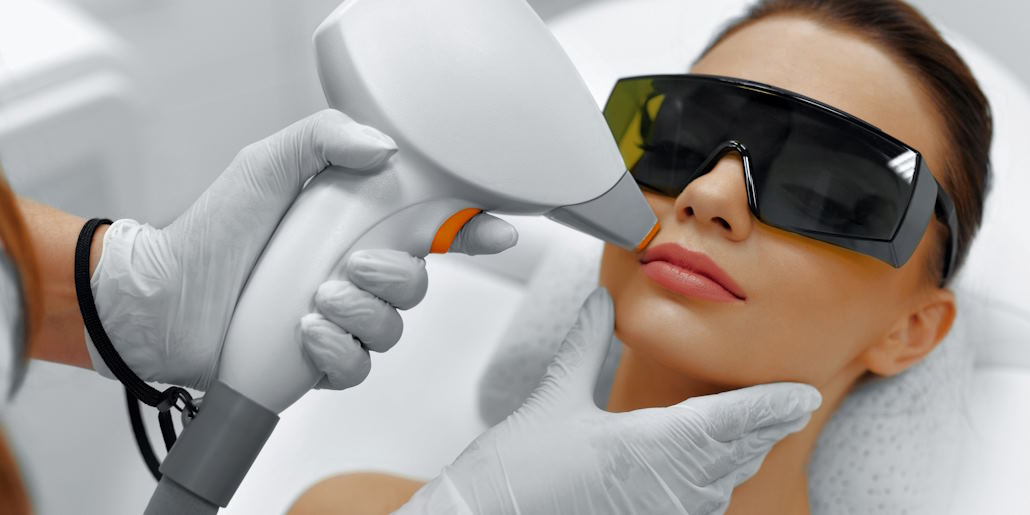
Exposing Skincare Myths: Debunking Common Misconceptions
In a world where flawless skin is often equated with beauty and confidence, the skincare industry has flourished, offering an array of products and advice to achieve that coveted complexion. However, amidst the plethora of information, a host of skincare myths and misconceptions have taken root, steering consumers down paths that might not lead to the desired results. From the allure of “natural” products to the notion that higher price guarantees quality, these misconceptions have persisted, often fueled by marketing strategies and well-intentioned but misguided advice.
Myth 1: “Natural” Products are Always Better
Definition of “natural” products
The allure of natural products in the skincare world is undeniable, often promising a harmonious connection with the Earth’s bounties. These products are typically derived from plant extracts, minerals, and other naturally occurring sources, appealing to those seeking a more holistic approach to skincare.
Misconception: Equating natural with safe and effective
While the notion of harnessing nature’s remedies for skincare is appealing, the idea that “natural” equals inherently safe and effective is a common misconception. The truth is that the term “natural” lacks a standardized definition in the skincare industry. Substances deemed natural can still provoke adverse reactions and might not always deliver the desired results.

Debunking: Highlighting potential drawbacks of natural products
- Allergies and sensitivities: Natural ingredients can trigger allergies and sensitivities, just like synthetic ones. Plant-based products often contain potent compounds that some individuals’ skin might react negatively to, leading to redness, itching, or even inflammation.
- Lack of standardized testing: Unlike synthetic ingredients that undergo rigorous testing for safety and efficacy, natural products might lack the same level of scientific scrutiny. The absence of standardized testing protocols can lead to inconsistency in product quality and results.
Myth 2: Sunscreen is Only Necessary on Sunny Days
Importance of sun protection
In the pursuit of healthy skin, few factors are as critical as sun protection. Shielding your skin from the harmful effects of ultraviolet (UV) radiation not only prevents premature aging but also reduces the risk of skin cancers, making it an indispensable aspect of any skincare regimen.
Misconception: Sunscreen needed only on sunny days
A widely held misconception is that sunscreen is only necessary when the sun is shining brightly. However, UV rays are ever-present, even on cloudy or overcast days. Neglecting sun protection during these times can lead to cumulative sun damage that becomes evident over time.
Debunking: Explaining the role of UV rays in various weather conditions
- UVA and UVB rays: UV radiation comprises UVA and UVB rays, each with distinct effects on the skin. While UVB rays are more intense during sunny days and cause sunburn, UVA rays are present consistently, penetrating clouds and windows to contribute to skin aging and DNA damage.
- Cloudy days and reflective surfaces: Cloud cover doesn’t completely block UV rays. They can penetrate clouds, and certain cloud types may even enhance UV radiation. Additionally, surfaces like water, sand, and snow reflect UV rays, increasing exposure.
Myth 3: Oily Skin Doesn’t Need Moisturizing
Understanding different skin types
 The diverse landscape of skin types demands tailored care. Oily skin, often characterized by excess sebum production, requires its own unique regimen to strike a balance between control and nourishment.
The diverse landscape of skin types demands tailored care. Oily skin, often characterized by excess sebum production, requires its own unique regimen to strike a balance between control and nourishment.
Misconception: Avoiding moisturizers for oily skin
A prevalent misconception is that moisturizers should be omitted from an oily skincare routine. Many fear that moisturizers will exacerbate oiliness, leading to breakouts. However, this approach overlooks the vital role of hydration in maintaining skin health.
Debunking: Clarifying the importance of hydration for all skin types
- Overproduction of oil due to dehydration: Paradoxically, oily skin can become oilier when dehydrated. The skin compensates for moisture loss by producing more oil, which can clog pores and trigger acne. Hydration helps regulate oil production.
- Non-comedogenic moisturizers: Using non-comedogenic (non-pore-clogging) moisturizers can provide the necessary hydration without exacerbating oiliness. These moisturizers are formulated to prevent pore blockage.


